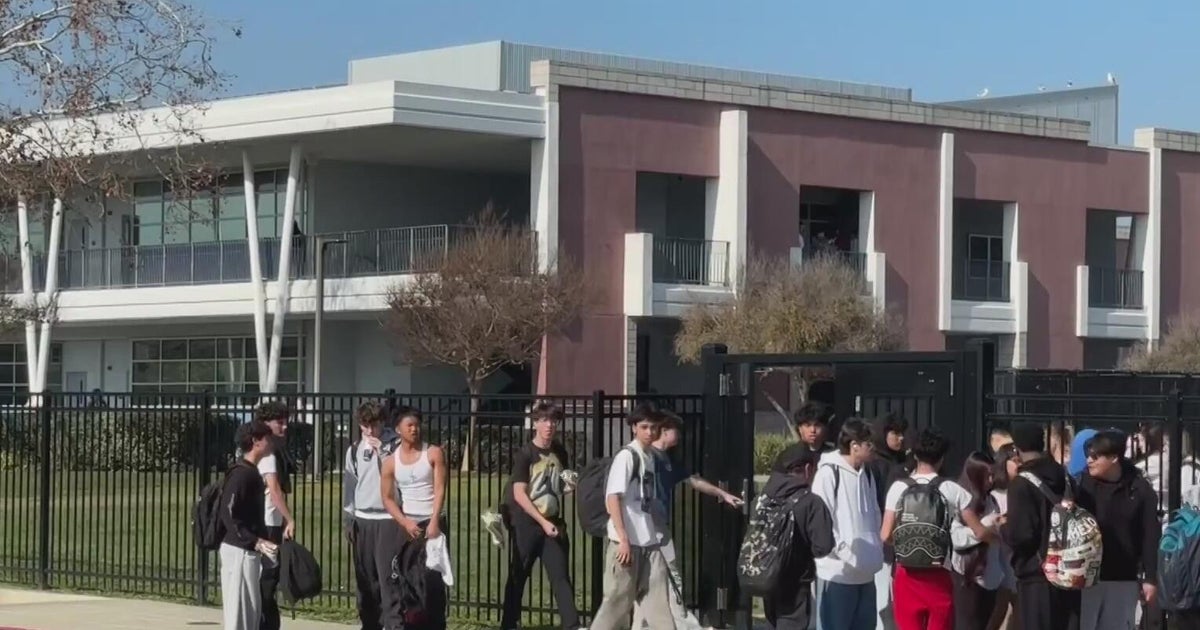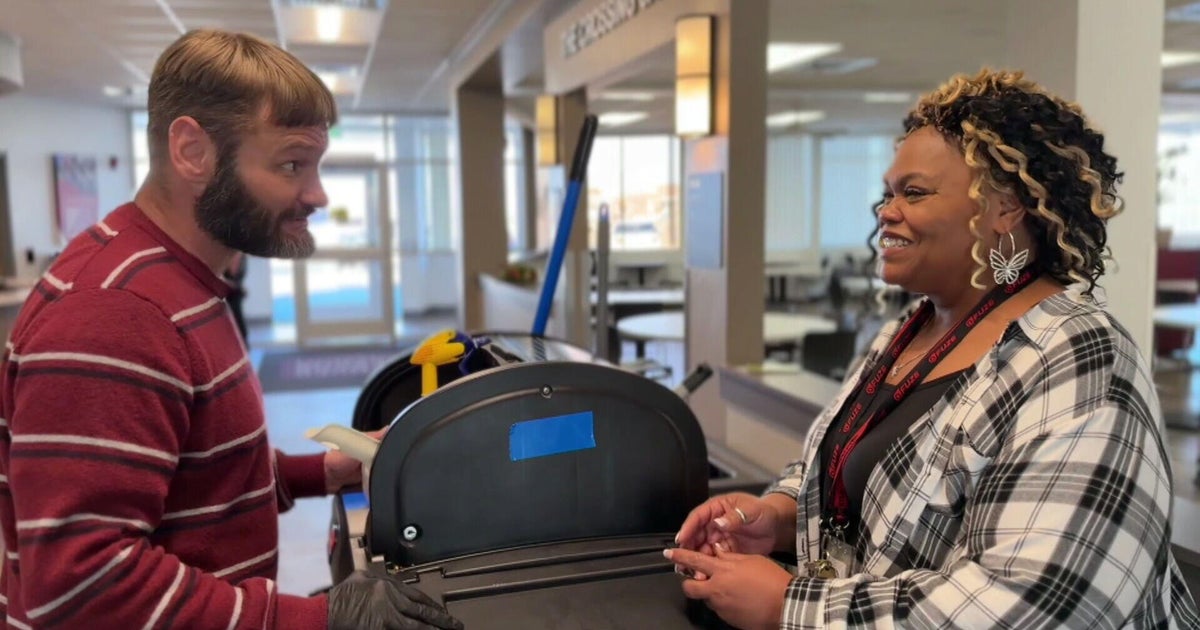Experts worry about effects of COVID on those with mental health issues
The coronavirus pandemic is leaving a long and still unfinished wake of damage across the nation, with tens of thousands of dead and millions facing economic devastation. This era of unprecedented uncertainty has been exacerbated by social distancing guidelines, which may be working to prevent the spread of the virus but are also leaving many feeling alone.
Experts and officials have raised concerns about how this time of crisis can affect people struggling with mental health issues and substance addiction. A poll conducted in late April by the Kaiser Family Foundation found that a majority of adults, 56%, report that worry or stress due to the pandemic has affected their mental health and wellbeing.
Increased social isolation can be dangerous for people experiencing suicidal ideation. Experts agree that social connections are critical to suicide prevention, and stay-at-home orders can make it difficult for people to maintain their relationships. President Trump, too, has more than once expressed concern about the psychological toll of social distancing, claiming in March that the country could see "suicide by the thousands" if the economy isn't "opened for business" soon.
But reopening the economy too quickly raises the risk of a spike in illnesses and death. Still, the pandemic is having a significant impact on the mental health of Americans who haven't typically struggled with mental health issues, and those effects are likely to be more pronounced for those who have.
Dr. John Draper, the executive director of the National Suicide Prevention Lifeline, told CBS News in an interview that the current crisis has three characteristics which create stress on everybody: the uncertainty of the future, the uncontrollability of the virus' effects and the endurance of the pandemic and its effect on the economy.
Draper said that the Lifeline had not seen an increase in calls in the past few weeks, although he said that "a great many of the people phoning are presenting with COVID-related stressors."
However, he did say that the Disaster Distress Helpline — which is funded by the Substance Abuse and Mental Health Services Administration (SAMHSA) and administered by Vibrant Emotional Health — and provides crisis counseling for people in the aftermath of natural and human-caused disasters, has seen a massive uptick in calls in recent weeks.
"That is a low-volume service," Draper said, referring to the Disaster Distress Helpline. Draper added that the Helpline had seen "unprecedented numbers" in calls in recent weeks.
Dr. Joshua Gordon, the director of the National Institute for Mental Health, told CBS News that it was unclear whether there would be an uptick in deaths by suicide due to the pandemic. Gordon said that there wasn't an increase in suicide deaths after the 2008 financial crisis, but said that the deaths were likely spread out over time, as people lost their jobs and homes.
Gordon said it was clear people would be significantly affected by the pandemic.
"The biggest risks are for two groups of people: one is people on the frontlines who are witnessing death and morbidity, and those with preexisting mental health conditions," Gordon said. In April, an emergency room doctor in a hospital which treated many coronavirus patients in New York City died by suicide, raising concerns about the toll the pandemic is taking on frontline health care workers.
Both Draper and Gordon emphasized that there are many resources for people struggling with their mental health, and urged people to maintain their social connections.
"While we are physically distancing it remains very important that we maintain our social connections," Draper said. "It's very important for people to feel cared about and valued."
In a time of such unprecedented uncertainty, Draper recommended that people focus on what they can control, and try to stick to a routine.
"If we do these small achievable tasks today, that can remind us that while things are uncertain and unmoving, that we can certainly move forward," Draper said.
Gordon urged people to take care of themselves by eating right and exercising regularly, as well as taking time to unwind and stepping away from the news. He also said that people should check in on their friends and family regularly, explaining that "it's important to recognize that our social networks are still there."
"Those of us who are fortunate enough not to be struggling right now emotionally or mentally can help by reaching out to their friends or family members and checking in on them," Gordon said. "It's important to reach out because many people who are struggling emotionally will instinctively isolate themselves out of fear or worry, and so it's really important that others reach out to them."
The pandemic may actually assist in reducing the stigma surrounding mental health issues, as more people are being open about how they are being affected by the worry and stress.
"I do believe that in general people are talking about mental health, people are talking about suicide prevention — it feels very, very close to them right now — and I believe that can save lives," Draper said.
Draper also said that physical distancing measures had helped health insurance providers to realize how effective telehealth can be, and how people are just as able to be helped over the phone as they are in person.
"You don't necessarily have to be face to face to make a difference in someone's life," Draper said. "We are testing assumptions that we haven't tested before."
Gordon said that the NIMH, which is the primary federal agency responsible for supporting research into mental health, had already put out calls to research the effects of the pandemic on mental health, and was hoping to fund projects on the subject.
Gordon also emphasized that it was important for everyone to be open about their current struggles, and to offer support for one another.
"All of us are affected in some way by this pandemic, and whether it reaches a threshold to require professional help or not, most of us are grieving and most of us are anxious or worried about our future," Gordon said.
Resources
In an emergency, call 911.
National Suicide Prevention Lifeline:
Call 1-800-273-8255 (TTY 1-800-799-4889, for those deaf or hard of hearing)
Visit suicidepreventionlifeline.org to chat with someone at the Lifeline
Substance Abuse and Mental Health Services Administration (SAMHSA) Disaster Distress Helpline:
Call 1-800-985-5990 (TTY 1-800-846-8517)
Text TalkWithUs to 66746
Visit https://www.samhsa.gov/find-help/disaster-distress-helpline
National Institute of Mental Health (NIMH): Visit www.nimh.nih.gov/findhelp



